The Daily Telegraph reports the Wildlife Trusts have called for a new ‘wildbelt’ designation that would allow land to be protected for nature. The Government has promised a radical shake-up of planning laws that it says will speed up development across the country by giving “automatic” permission to new homes and hospitals. But conservationists and rural groups fear a spread of low quality housing across the countryside which fails to protect wildlife or provide green spaces for everyone.
Monthly Archives: September 2020
Experts call for new era for wildlife in UK
BBC News reports conservation experts are calling on the prime minister to commit to protecting nature. The Making Space for Nature panel has written to Boris Johnson advocating “bigger, better and more joined up spaces for nature”. The letter was headed by Prof Sir John Lawton, who chaired a review of wildlife sites in 2010.
The UN’s latest global biodiversity report shows that the world has failed to fully meet any of its targets to halt damage to natural habitats. The announcement follows a report by WWF and the Zoological Society of London that shows animal populations globally have plunged by 68% in the last 50 years.
Everyone can help city wildlife by turning over a corner of their garden
The Telegraph reports Jack Wallington has a dream… to bring back a wide diversity of wildlife to the heart of our urban areas. The article includes detail of local rewilding initiatives in London to increase biodiversity.
ON TV – Extinction: The Facts
 With a million species at risk of extinction, David Attenborough explores how this crisis of biodiversity has consequences for us all, including putting us at greater risk of pandemic diseases.
With a million species at risk of extinction, David Attenborough explores how this crisis of biodiversity has consequences for us all, including putting us at greater risk of pandemic diseases.
This is available to watch on BBC iPlayer.
Sir David Attenborough photo by ukhouseoflords under Creative Commons.
‘Ghost hedgehogs’ on Dorset roads highlight animals’ plight
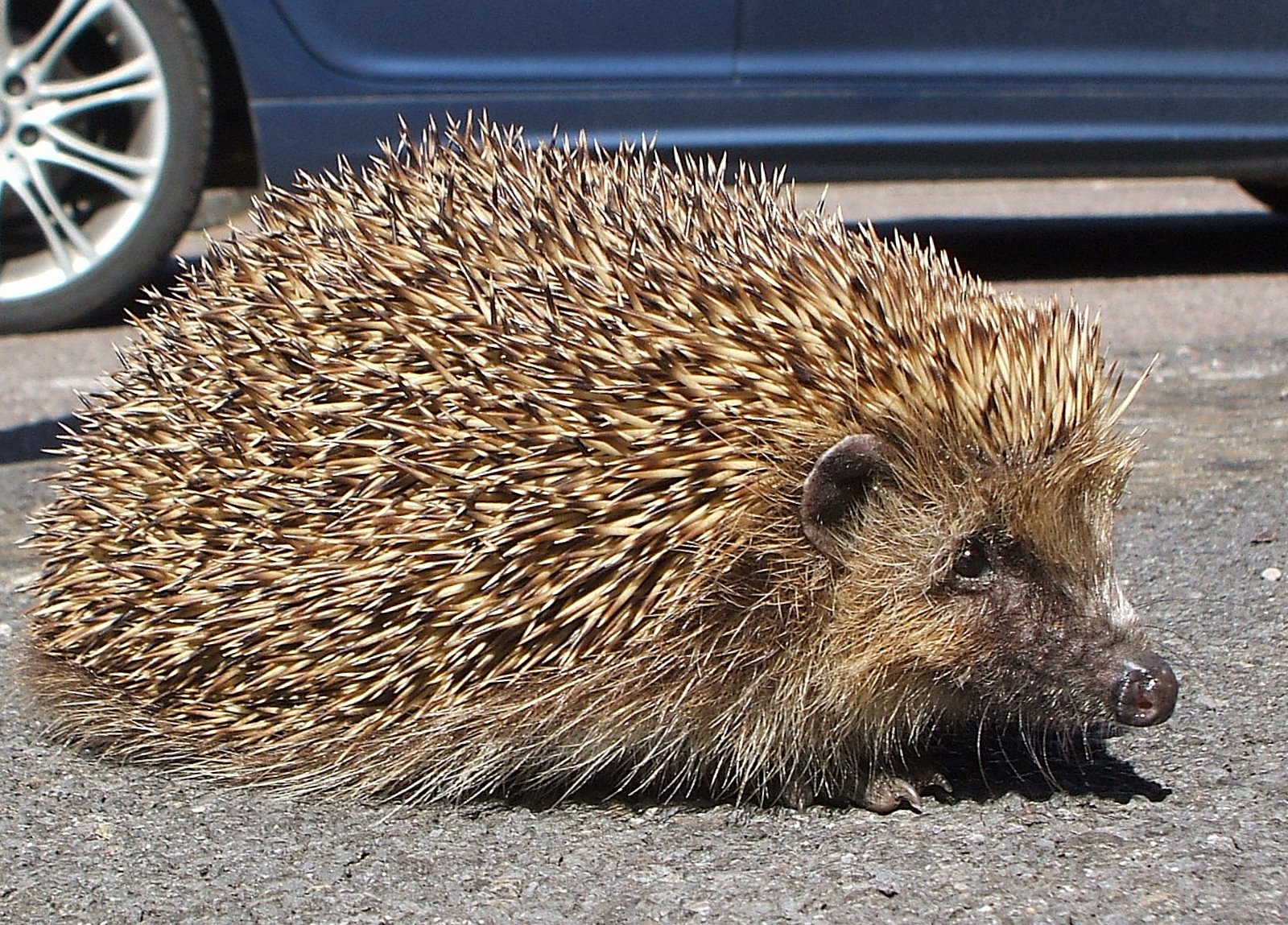 The Guardian reports “ghost hedgehogs” are starting to appear on roadsides in Dorset to highlight the plight of hedgehogs killed by fast-moving vehicles. The hedgehogs, made of white-painted wood, are being put up by the Dorset Mammal Group after one small village, Pimperne, reported more than 20 squashed hedgehogs on its roads in just one year. It is hoped that the spectral hedgehogs, like the ghost bike memorials where cyclists have lost their lives, will encourage motorists to slow down and drive with more care.
The Guardian reports “ghost hedgehogs” are starting to appear on roadsides in Dorset to highlight the plight of hedgehogs killed by fast-moving vehicles. The hedgehogs, made of white-painted wood, are being put up by the Dorset Mammal Group after one small village, Pimperne, reported more than 20 squashed hedgehogs on its roads in just one year. It is hoped that the spectral hedgehogs, like the ghost bike memorials where cyclists have lost their lives, will encourage motorists to slow down and drive with more care.
Hedgehog not squashed photo by Gillian Thomas under creative commons.
Predatory pine martens boosting red squirrel numbers
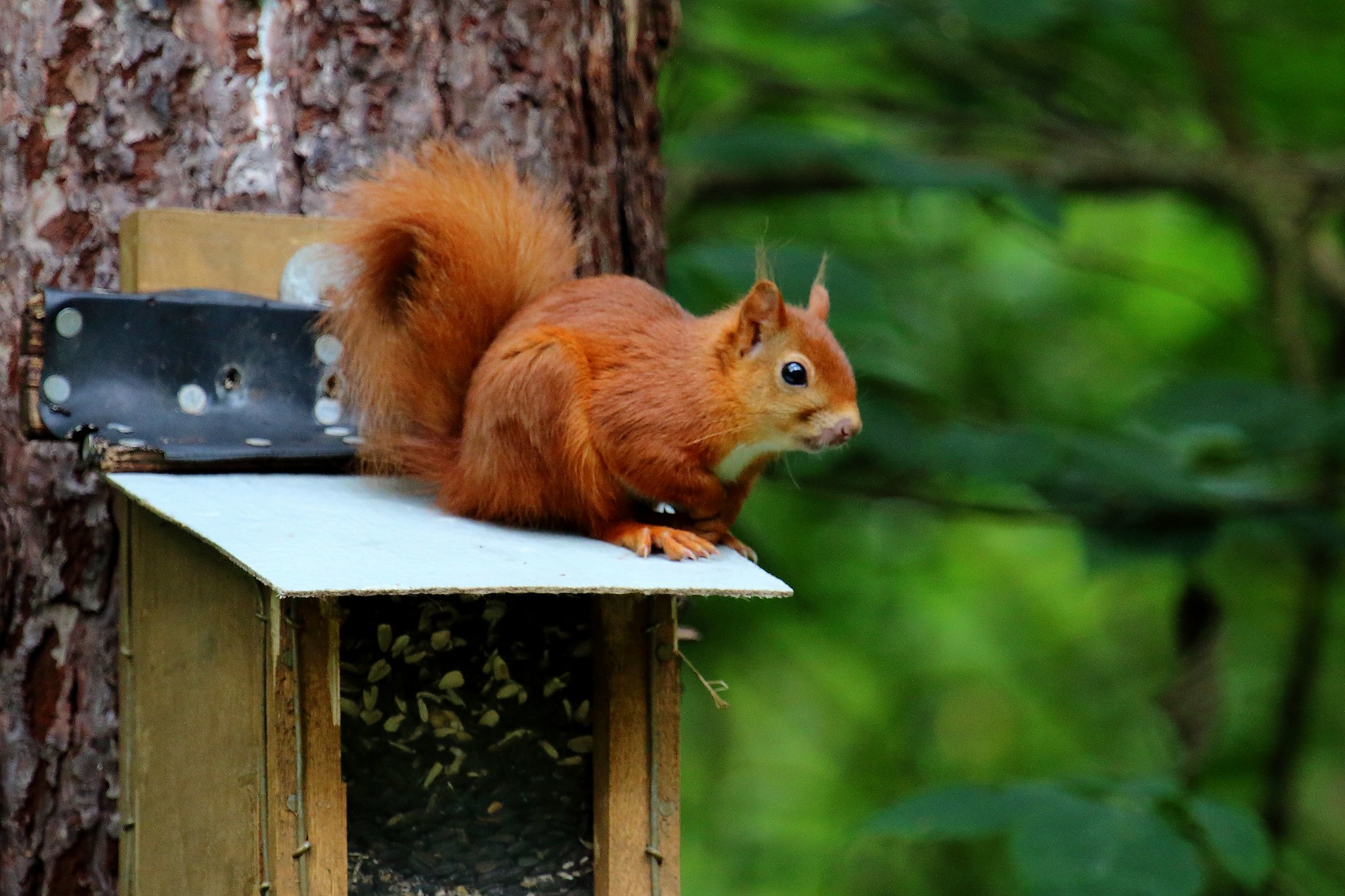 The BBC reports a rodent-eating predator seems an unlikely hero for the red squirrel. But conservationists in Wales are being encouraged by news the native pine marten may be helping their cause. Research from Queen’s University in Belfast suggests that numbers of red squirrels are on the increase in areas where pine martens also live. The reason given is that pine martens prey on grey squirrels far more than they do on red squirrels.
The BBC reports a rodent-eating predator seems an unlikely hero for the red squirrel. But conservationists in Wales are being encouraged by news the native pine marten may be helping their cause. Research from Queen’s University in Belfast suggests that numbers of red squirrels are on the increase in areas where pine martens also live. The reason given is that pine martens prey on grey squirrels far more than they do on red squirrels.
Red squirrel photo by Mrs Airwolfhound under creative commons.
Badger cull extended in England with more than 60,000 in line of fire
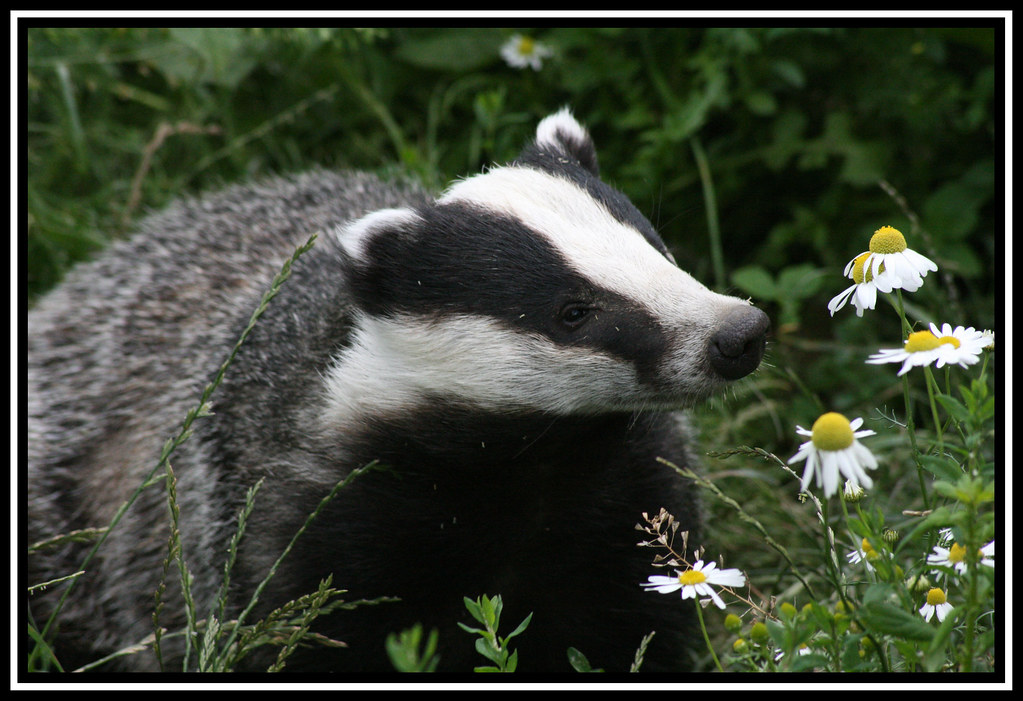 The Guardian reports the government’s badger cull is being expanded to 11 new areas of England including parts of Oxfordshire, Lincolnshire, Leicestershire and Derbyshire so that more than 60,000 badgers can be killed. Conservation groups said the expansion was a betrayal of trust after the government this year pledged to phase out the badger cull, intended to reduce bovine TB in cattle, after a scientific review cast doubt on its efficacy.
The Guardian reports the government’s badger cull is being expanded to 11 new areas of England including parts of Oxfordshire, Lincolnshire, Leicestershire and Derbyshire so that more than 60,000 badgers can be killed. Conservation groups said the expansion was a betrayal of trust after the government this year pledged to phase out the badger cull, intended to reduce bovine TB in cattle, after a scientific review cast doubt on its efficacy.
Badger photo by Sally Langstaff under creative commons.
Let sheep farmers grow trees and sell carbon offsets to businesses, urge researchers
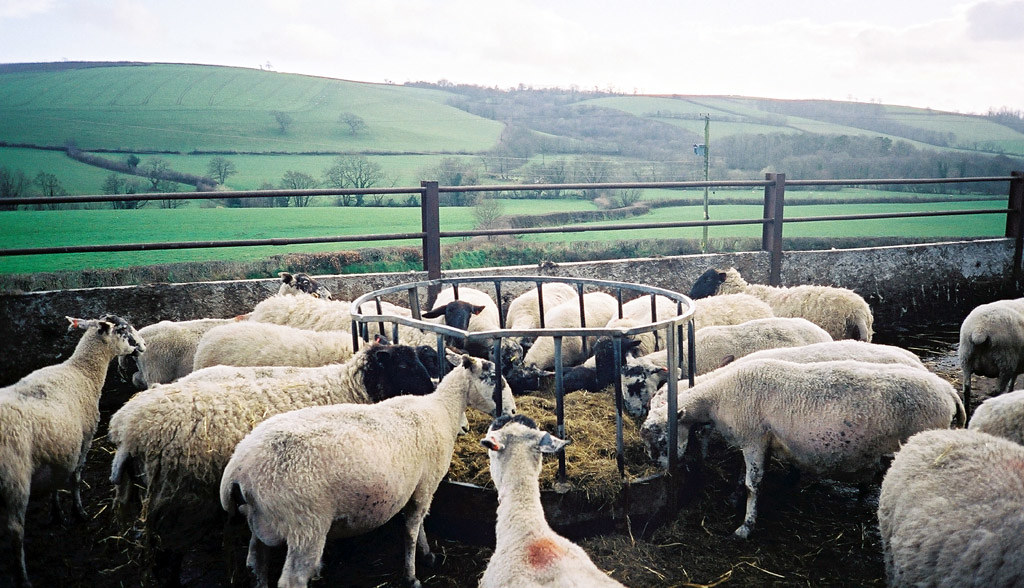 The Telegraph reports most sheep farms are unprofitable without subsidies, with farmers losing an estimated £4,400 to £6,000 per hectare in a 25 year period when labour costs are considered. Researchers at the University of Sheffield have found that farmers could make a profit if they left their land to allow native trees to return and then sell carbon offsets to businesses and individuals.
The Telegraph reports most sheep farms are unprofitable without subsidies, with farmers losing an estimated £4,400 to £6,000 per hectare in a 25 year period when labour costs are considered. Researchers at the University of Sheffield have found that farmers could make a profit if they left their land to allow native trees to return and then sell carbon offsets to businesses and individuals.
Sheep at feeder photo by Jeheme under creative commons.
Pioneering technology reveals secret life of seabirds in Scotland
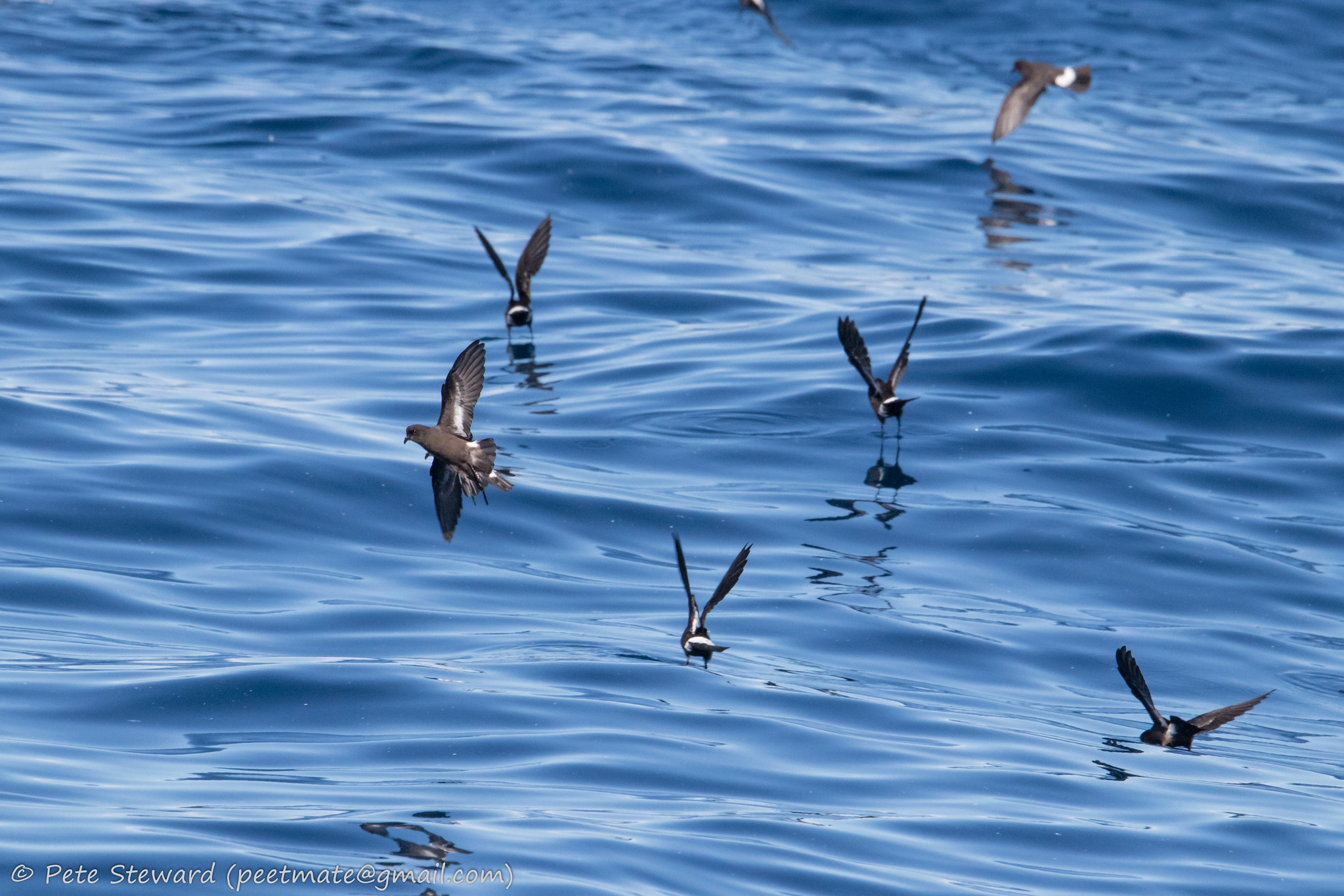 INEWS and BBC NEWS report a pioneering form of research has given a fresh insight into the secret night lives of the UK’s smallest seabird. The RSPB used GPS tags to collect data on the movement of storm petrels. They found the birds, which are active at night, regularly travelled up to 300 kilometres to feed in the stormy waters off Shetland.
INEWS and BBC NEWS report a pioneering form of research has given a fresh insight into the secret night lives of the UK’s smallest seabird. The RSPB used GPS tags to collect data on the movement of storm petrels. They found the birds, which are active at night, regularly travelled up to 300 kilometres to feed in the stormy waters off Shetland.
Photo of European storm petrels by Peter Steward under creative commons.
Rare English insect makes a remarkable return in 2020
INEWS reports one of England’s rarest insects, the endangered Rock-rose Pot Beetle, has made a remarkable recovery with more being spotted this year than in the last 150 years combined.
